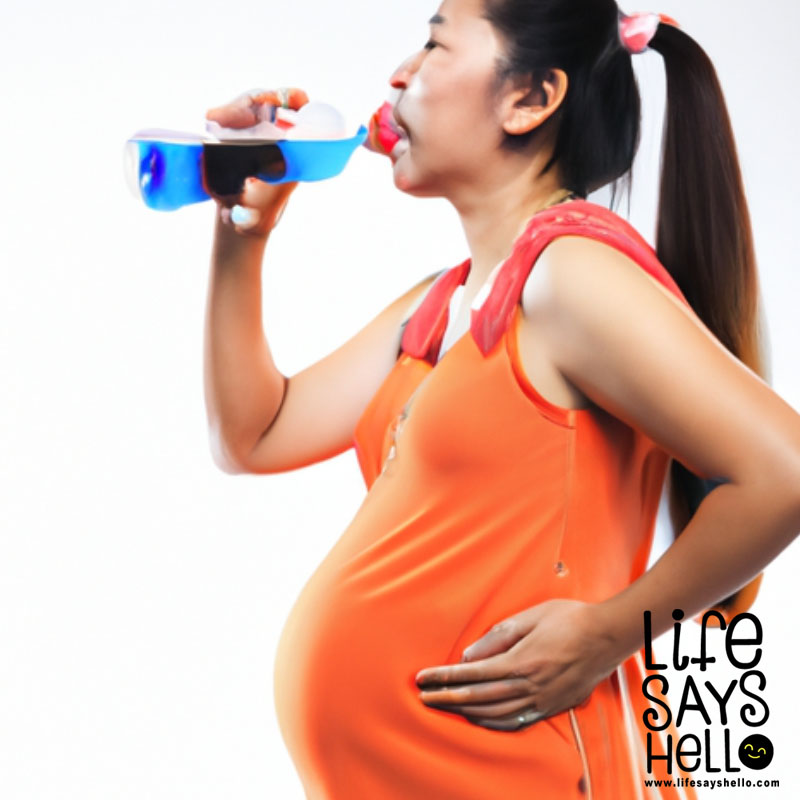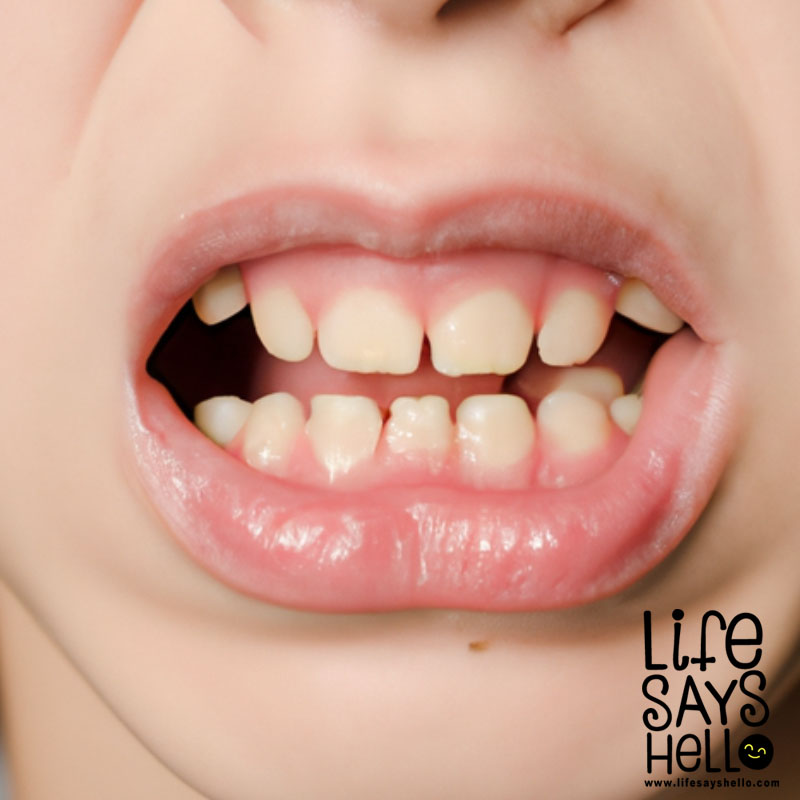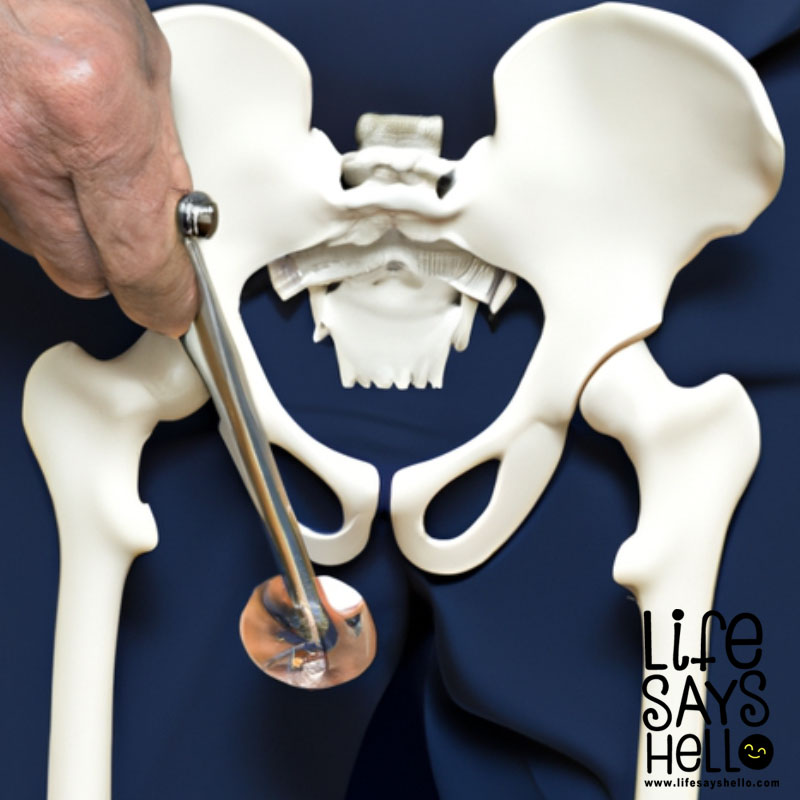Is Gatorade Good for Pregnancy? A Comprehensive Guide

Pregnancy is a crucial period for every woman and requires more attention to maintain good health. Proper nutrition and hydration are essential for both the mother and the developing baby. However, there’s often a lot of confusion around what foods and drinks are safe during pregnancy. In this article, we’ll explore the question - Is Gatorade good for pregnancy?
Understanding Gatorade
Gatorade is a popular sports drink that contains electrolytes such as sodium, potassium, and chloride, and carbohydrates. It has been marketed as a beverage that helps in hydration, electrolyte balance, and energy. The drink was primarily designed to improve endurance and performance in athletes, but it has now become a popular drink for people of all ages and lifestyles.
Electrolytes Needs During Pregnancy
Electrolytes play a crucial role in maintaining the fluid balance in the body. During pregnancy, the body’s requirement for electrolytes increases due to the formation of amniotic fluid, the growth of the fetus, and the increased blood volume. Also, the frequent urination and sweating during pregnancy can lead to an imbalance of electrolytes in the body. Therefore, it is essential to ensure an adequate supply of electrolytes during pregnancy.
Benefits of Gatorade for Pregnancy
Rehydration
Dehydration is a common problem during pregnancy, especially during the first and second trimesters. Dehydration can cause complications such as urinary tract infections, constipation, and preterm contractions. Therefore, it is crucial to maintain hydration levels during pregnancy. Gatorade contains a combination of water, electrolytes, and carbohydrates, which makes it an effective drink for rehydration. The drink’s high sodium and potassium content helps retain fluids in the body, preventing dehydration.
Energy Boost
Fatigue is a common complaint during pregnancy, especially during the first and third trimesters. Gatorade contains carbohydrates in the form of sugar, which provides an instant energy boost. The energy boost provided by Gatorade can be helpful when you’re on the go or need to power through a busy day.
Management of Leg Cramps
Leg cramps are a common problem during pregnancy, especially during the third trimester. The exact cause of leg cramps during pregnancy is unknown, but they are believed to be due to the increased pressure on the leg muscles in the growing uterus. Gatorade can help manage leg cramps by providing the electrolytes such as sodium and potassium needed for proper muscle function.
Concerns Regarding Gatorade Consumption During Pregnancy
Although Gatorade can be a helpful drink during pregnancy, it is essential to be aware of some of the potential concerns regarding its consumption.
Sugar Content
Gatorade contains sugar in the form of high fructose corn syrup. High sugar intake during pregnancy can lead to gestational diabetes, which can be harmful to both the mother and the baby. Therefore, it is important to consume Gatorade in moderation and not as a replacement for water.
Artificial Coloring
Gatorade contains artificial colors such as Yellow 5 and Yellow 6. Some studies suggest that these colors may be linked to hyperactivity in children. However, the amount of these colors in Gatorade is FDA-approved and considered safe for consumption.
Conclusion
In conclusion, Gatorade can be a helpful drink during pregnancy, especially when it comes to rehydration, energy boost, and managing leg cramps. However, it is essential to consume Gatorade in moderation and not rely on it solely as a hydration option during pregnancy. Pregnant women should aim to consume more water and natural sources of electrolytes such as fruits and vegetables. If you have any concerns or questions regarding your diet during pregnancy, it’s best to consult with your healthcare provider.
References
“The Effect of Hydration on Health.” Waterlogic, 18 Mar. 2020, www.waterlogic.com/en-us/resources/blog/the-effect-of-hydration-on-health/.
Groff, James L., and Sareen S. Gropper. “Advanced Nutrition and Human Metabolism.” Groves, 2012.
“FDA Listing of Color Additives Subject to Certification.” U.S. Food and Drug Administration, 21 Mar. 2018, www.fda.gov/food/food-additives-petitions/fda-listing-color-additives-subject-certification.
Ebrahimi, Fatemeh, et al. “Gestational Diabetes Mellitus in Association with Neonatal Anthropometric Measurement.” Diabetes and Metabolic Syndrome: Clinical Research and Reviews, vol. 12, no. 5, 2018, pp. 687–693., doi:10.1016/j.dsx.2018.03.032.
“Leg Cramps during Pregnancy - Symptoms and Solutions.” UnityPoint Clinic, 28 Dec. 2018, www.unitypoint.org/livewell/article.aspx?id=efd81d0c-e3a9-4d60-bba6-a0075f4f535d.




Comments